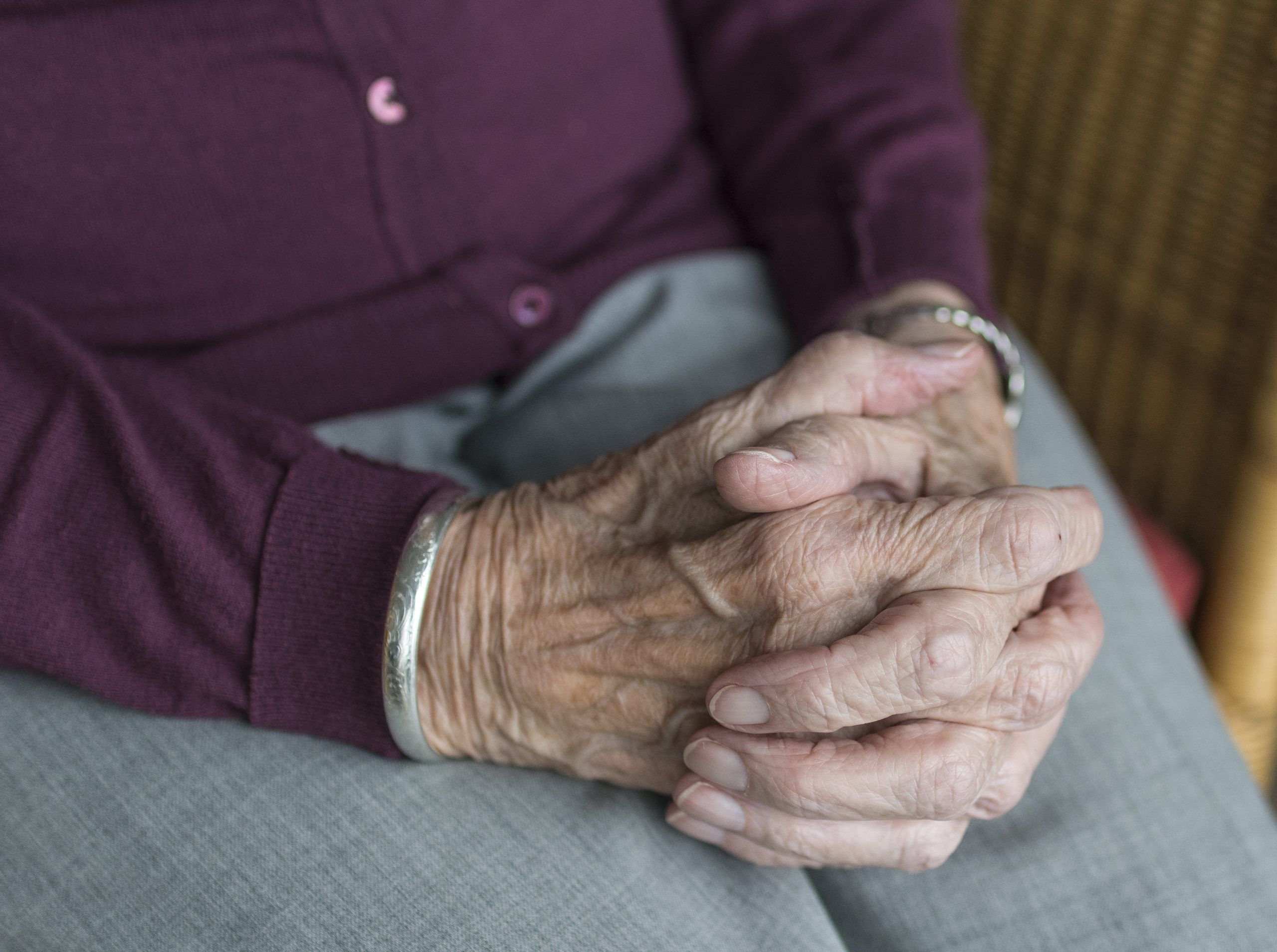A leading dermatologist is disputing the government’s claims that tattoo inks can cause cancer and says that the Environment Ministry was less than truthful in reporting the results of a study he participated in.
Jørgen Serup, a professor of dermatology and chief physician at Bispebjerg Hospital in Copenhagen, was part of a project initiated by the ministry that aimed to clarify whether commonly-used inks cause a health threat.
The ministry’s website states that 65 inks were studied and tested, but Serup says that they only ran tests on less than a third of that number.
“The ministry disliked our report and our results. Their claims do not reflect our medical knowledge so they tried to manipulate us and make us change the report,” said Serup.
However, Dorte Lerche, head of the ministry’s Department of Chemicals, defended the decision to test as few as 21 inks. She said it was not necessary to test inks that had previously been studied.
“Running a full test on all the colours would have been a waste of the Danes’ tax money,” Lerche said, adding that she does not believe that Serup has enough evidence to suggest that the inks do not cause cancer.
The environment minister, Ida Auken (Socialistisk Folkeparti), and the health minister, Astrid Krag (Socialistisk Folkeparti), recently teamed up to propose a new voluntary registration system for tattoo artists and a ban on certain tattoo inks that they deem cancerous.
But Serup contends that the that politicians are misleading the public by introducing the ban. According to Serup, the report that the researchers handed in to the ministry proved that the tattoo inks they tested cannot cause cancer. He argues that when a person gets a tattoo, the chemicals are not released into the skin and that therefore the proposed ban is misleading.
“Now people will go on thinking that wherever they get their tattoo done, it is safe because the ‘dangerous’ inks have been banned. But this is not the case; bacteria and bad hygiene are what cause severe infections,” Serup said.
The ministry blacklisted 13 inks and the new tattoo law is set to be discussed in parliament today.













